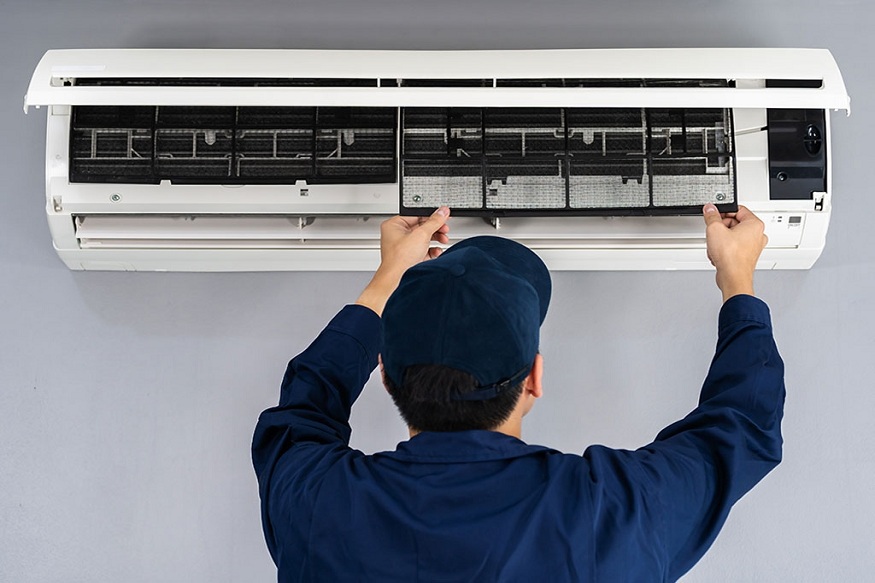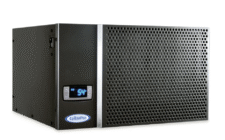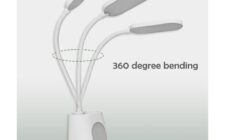Exploring How These Trades Intersect and Choosing the Right Career for You
Living in Florida means constantly battling intense sunshine, high humidity, and year-round heat. Two essential trades keep homes safe and comfortable: residential electricians and air conditioning (AC) repair technicians. Although their roles differ, their work often overlaps in surprising ways. Whether you need to hire the right professional or are choosing a trade to pursue, understanding each career’s function—and how they complement one another—can guide your decision.
What Does a Residential Electrician Do?
Residential electricians install, repair, and maintain a home’s entire electrical system—everything from wiring and outlets to lighting fixtures and breaker panels. Their job is to ensure every connection meets Florida’s strict safety codes and can handle modern electrical demands such as smart devices and electric vehicles.
Common duties include:
- Running new wiring or installing outlets during home construction or remodeling.
- Upgrading outdated electrical panels to handle higher loads safely.
- Troubleshooting power outages, surges, or tripped breakers.
- Verifying that repairs meet fire-resistant and safety standards.
Electricians complete rigorous training through state-approved apprenticeships and must pass Florida’s licensing exams. It’s a profession that demands precision, safety awareness, and technical expertise.
What Does an AC Repair Technician Do?
Air conditioning technicians, also called HVAC professionals, specialize in maintaining comfortable indoor environments. In Florida’s long, humid summers, they’re indispensable. These experts install and repair AC systems, service ductwork, and ensure healthy air circulation.
Their main responsibilities include:
- Installing complete AC systems, including condensers, air handlers, and vents.
- Diagnosing and repairing electrical or mechanical issues.
- Replacing or maintaining components like compressors, fans, and coils.
- Cleaning and inspecting ducts and filters for efficiency and air quality.
Because HVAC systems rely heavily on refrigerants, technicians must follow strict environmental regulations and be properly licensed.
Note: Need fast and reliable AC repair Near Me residents trust? Call True Cool AC in Miami Florida today for expert service, affordable rates, and same-day solutions to keep your home cool and comfortable!
Where Their Work Overlaps
Although one focuses on electricity and the other on climate control, electricians and HVAC technicians frequently work together. Nearly every air conditioning system depends on electrical power for operation.
Key examples of overlap include:
- AC Installation: A new AC unit requires safe wiring into the home’s electrical system, typically by a licensed electrician.
- Electrical Components in HVAC Units: AC technicians troubleshoot and replace parts like capacitors, relays, and control boards—tasks requiring electrical knowledge.
- Code Compliance: Both must follow Florida’s building and safety codes to ensure legal and safe installations.
Because their duties often intertwine, many Florida tradespeople pursue dual certifications, increasing their value, job opportunities, and earning potential.
How to Choose the Right Trade
When choosing between these professions, consider your natural skills and interests.
A Career as an Electrician May Be Right If You:
- Enjoy working with circuits, wiring, and precise instruments.
- Like solving abstract problems that require logical analysis.
- Want to work with lighting systems, generators, or renewable energy.
- Prefer a structured environment with strict technical standards.
Electricians enjoy steady, year-round work since electrical systems are always essential.
Becoming an AC Technician Might Suit You If You:
- Enjoy hands-on, mechanical repairs.
- Take satisfaction in helping families stay cool and safe.
- Don’t mind working in warm or confined spaces like attics or rooftops.
- Have strong troubleshooting skills and enjoy problem-solving under pressure.
Demand for AC services peaks during spring and summer, often resulting in overtime opportunities and higher pay.
Salary and Training in Florida
According to the U.S. Bureau of Labor Statistics, both trades offer solid pay and excellent job stability in Florida.
- Electricians: $50,000–$70,000 annually, depending on skill and experience.
- HVAC Technicians: $45,000–$65,000 annually, with potential for more during the busy season.
Both paths can lead to independent contracting or business ownership, providing greater flexibility and income potential.
Note: Need fast and reliable AC repair near me residents trust? Call City ACS in South Florida today for expert service, affordable rates, and same-day solutions to keep your home cool and comfortable!
Licensing Requirements (Both Trades):
- Earn a high school diploma or GED.
- Complete a trade school or apprenticeship (typically 2–5 years).
- Pass Florida’s licensing exam covering technical and safety knowledge.
- Continue education to stay current on codes and technology.
Florida’s vocational schools and community colleges offer strong training programs, and many companies sponsor paid apprenticeships so students can earn while they learn.
Why These Jobs Matter in Florida
Florida’s climate challenges—scorching heat and severe storms—make electricians and HVAC technicians vital. Electricians restore power and protect homes after hurricanes or outages, while AC technicians ensure safe indoor environments during heatwaves.
Choosing either trade means entering a profession that directly impacts people’s comfort, health, and security. When the power goes out or the air conditioning fails in the middle of summer, these skilled workers make the difference between discomfort and safety.
Final Thoughts: Choose the Trade That Fits You Best
Ultimately, the choice between becoming a residential electrician or an AC technician depends on what inspires you. Both offer competitive salaries, job security, and growth opportunities.
If you’re drawn to problem-solving, wiring, and power systems, becoming an electrician could be ideal. If you prefer mechanical systems and hands-on repair work that helps people immediately, HVAC may be your perfect path.
No matter which route you choose, both careers offer stability, purpose, and a chance to serve your Florida community in meaningful ways. Your work will keep homes safe, powered, and comfortable—making these professions as rewarding as they are essential.
Note: Need a trusted electrician West Palm Beach? Call Gold Star Electric of West Palm Beach for fast, reliable service, expert repairs, and affordable rates. Your home’s safety and comfort start with a licensed pro today!




